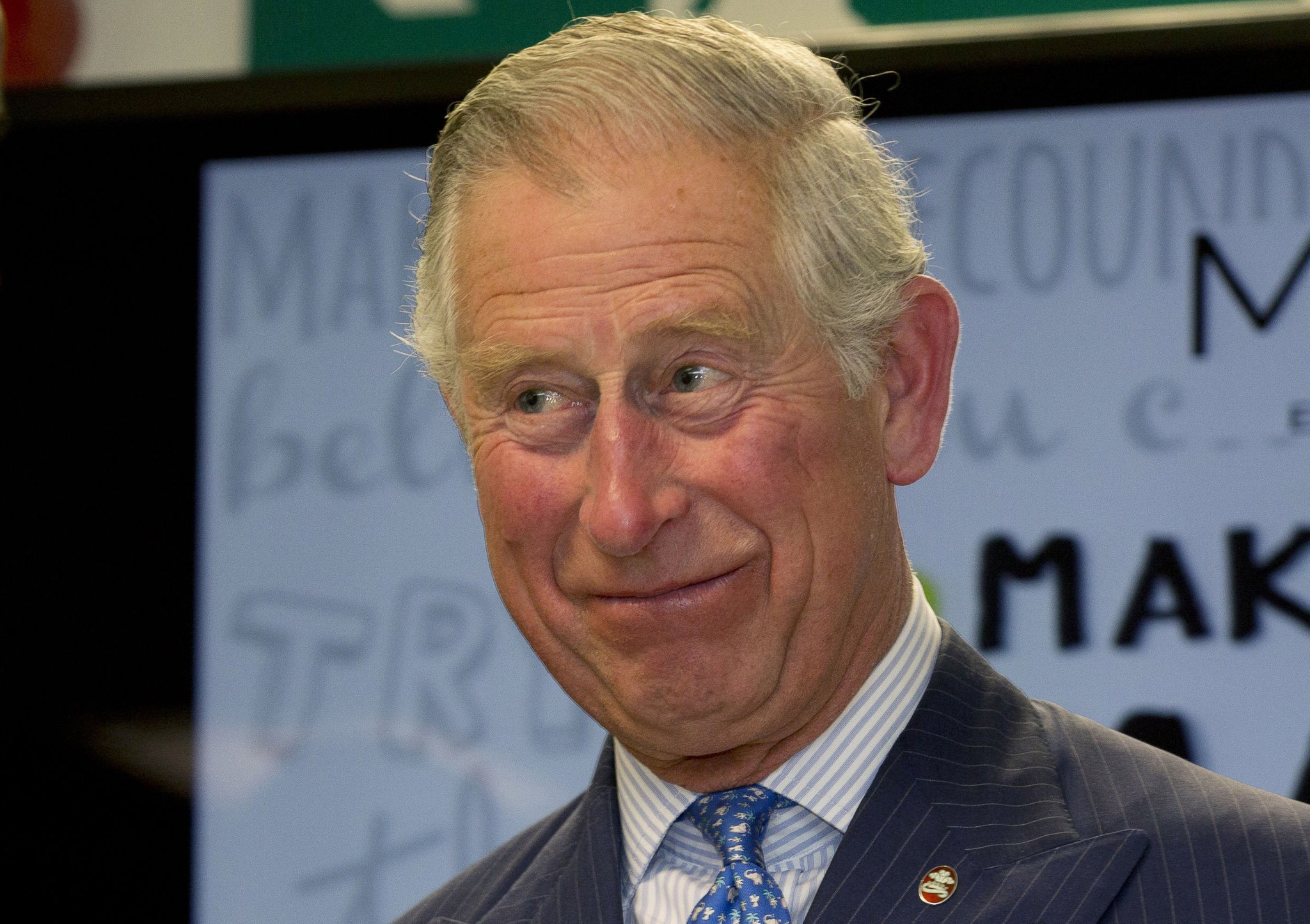We Conservatives can’t be the party of both meritocracy & monarchy
written for The Guardian, 14 May 2015

‘Clarence House has been recently briefing journalists that Prince Charles should be compared to the great Tudor monarchs.’ (Photo credit: Alastair Grant/AP)
There’s nothing like royalty to get ministerial pores oozing grease. If my stomach turned on reading Prince Charles’s “black spider memos”, released under the Freedom of Information Act after a five-year campaign by this newspaper, it wasn’t in response to any of the prince’s peccadilloes. It’s ministers such as Charles Clarke, former Broad Left activist, signing his replies: “I have the honour to be, Sir, Your Royal Highness’s humble and obedient servant.” Obsequiousness pours from every ministerial reply: in October 2004, Tony Blair, with a practised hand, showers Charles with praise for his “constructive and thought-provoking” contributions, and before extemporising on “how farsighted” the heir to the throne has always been.
Clarence House has been recently briefing journalists that Charles should be compared to the great Tudor monarchs, expert at regaining popular support even after crisis – but it’s little wonder he’s turned out more like James I and VI, a pseudo-intellectual so encouraged by flatterers that he obsessively self-published on everything from witchcraft to the evils of tobacco, a man known to history as “the wisest fool in Christendom”. In one of the great pieces of republican oratory, Labour leader Keir Hardie warned at Edward VIII’s birth that “from his childhood on, this boy will be surrounded by sycophants and flatterers by the score”. He can’t have hoped to see his own Labour successors among them.
But it’s not just Labour party spines that melt into jelly at the approach of a royal footstep. Here’s Liz Truss, now the Tory environment secretary, attacking the monarchy during her Lib Dem days: “We Liberal Democrats believe in opportunity for all. We believe in fairness and common sense. We do not believe people are born to rule.” In fairness to Truss, she still believes in equality of opportunity – incredible as it may seem to those of other tribes, that’s why she joined the Tory party. The most forward thinking traditions of the Conservative party have always been rooted in a commitment to meritocracy and self-reliance.
If Truss doesn’t like to mention her anti-monarchy years nowadays, it’s hard to condemn her. There’s nothing quite so toxic to a career in the public life, and not just in the Conservative party. Like many people who obsessively follow politics, I’ve often been asked if I’ll ever stand for office myself, When I Grow Up. And like most such people, I laugh, and point out my unsuitability, and more or less mean most of it – but privately calculate and recalculate what I’d need to massage about my views. And if a sneaking desire to keep my options open has muzzled me on one subject as a writer, it is this. To actively criticise the monarchy is to give up all hope of public office, especially on the right. To write of my distaste for monarchy, even as a pragmatic libertarian, feels like a political coming out. As an ambitious young woman, I have spoken my mind on every subject under the sun: except the House of Windsor.
Yet if there is a party that should be leading the charge against monarchy, it is not Hardie’s Labour inheritors but the Conservatives. If that seems odd, consider the party’s internal slogan: “It’s not where you come from, it’s where you’re going. “Conservatives have never seen individuals as defined by their class or parentage – if that means they can sometimes blind themselves to how difficult it is to break out of poverty, or how deep the constraints of gender, class or race go, the best of them have always sought to level the playing field. That at least, is why – critically, despairingly, at times – I have always remained of their tribe. But nowhere, in signing up for rugged individualism, did I sign up to a world in which lobbying access to ministers was a hereditary perk.
Constitutional reform is now in the hands of Michael Gove, the adopted son of a fish-gutter, his own education fuelled by scholarships, a man whose every political crusade sings of social mobility and meritocracy. Sajid Javid, the business secretary, speaks approvingly of Ayn Rand’s self-made soul. So Gove, Javid, if you still think that no child should have her future determined at the age of five, here’s a thought. Let’s make that British bill of rights a republican constitution. Good luck getting that through the party.




